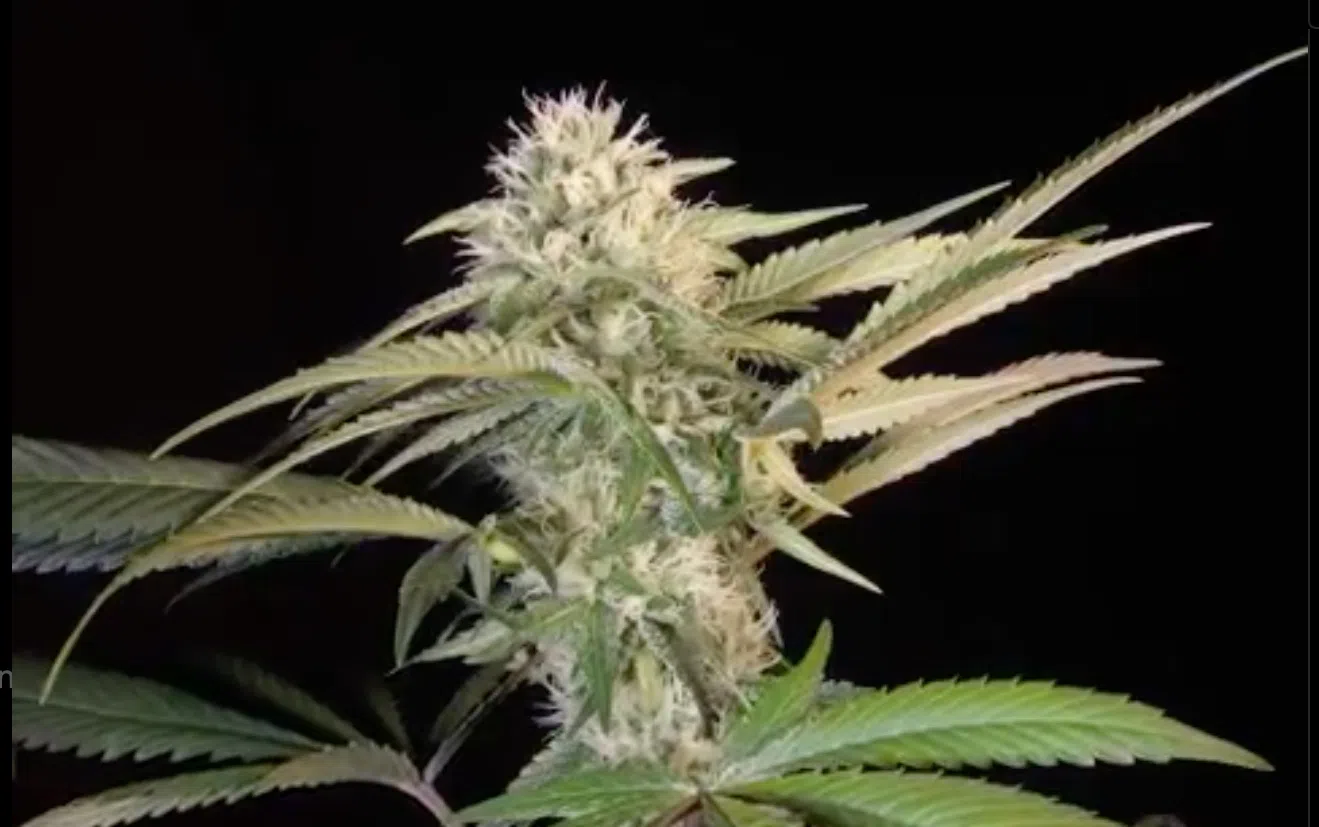
Regulatory changes needed for craft cannabis economy to skyrocket globally
Germany’s recent legalisation of recreational cannabis is a step in the right direction for the destigmatization and acceptance of cannabis on a global level.
The new law prompts a closer look at how the Canadian cannabis industry may be impacted by the recent changes, more specifically, craft cannabis.
Renowned for its quality (in particular, cannabis from British Columbia), Canadian craft cannabis has a global reputation thanks to decades of expertise from legacy producers. However, current regulations stifle the growth of Canada’s international craft cannabis trade.
On Feb. 23, the German government joined Canada, Georgia, Luxembourg, Malta, Mexico, South Africa, Thailand and Uruguay, plus 24 states, three territories and the District of Columbia in the United States, as well as Australia’s Capital Territory in the federal legalisation of recreational cannabis use.

